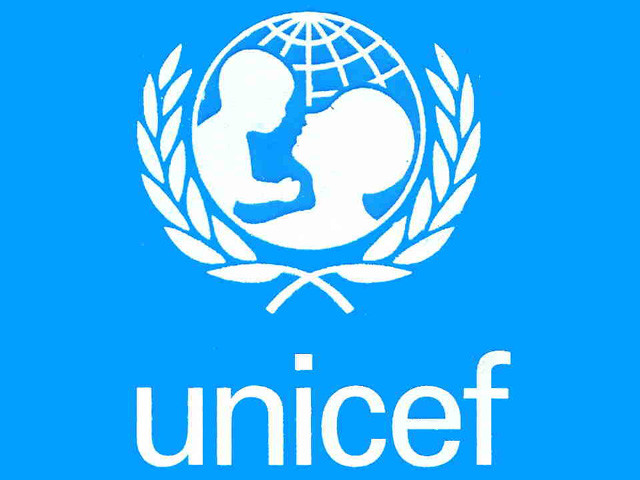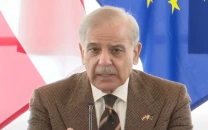‘Education in warzones not impossible’
UNICEF official gives lecture on emergencies at Khaldunia.

Education during emergencies has succeeded in countries far poorer and more resource-strapped than Pakistan. This was said by Stefano Savi, chief of the Field Office of Unicef in Balochistan.
Speaking at an interactive discussion with the upper year students of Khaldunia High School, Savi dropped all formalities and joined the youngsters in exchanging views, answering questions, and relating anecdotes about his work.
He explained how emergencies were not only incidents of bombings and terrorism, but that there could be an emergency in an epidemic or a drastic drop of social indicators such as the number of children in school. He recalled some memorable moments in his career in Afghanistan where timely intervention and judicious use of resources helped stave off an epidemic and saved thousands of lives.
Discussing women’s education in Baluchistan, he said he felt that devolution of education could favour girls as the Baloch were truly keen to educate their women. He explained how Unicef collaborated with religious leaders and local politicians to raise standards of hygiene, education and female education in particular.
However, he sounded a note of caution about the likelihood of an outbreak of polio in South Asia and Afghanistan, as more and more people are avoiding vaccination on the advice
of fanatics.
Savi ended by reminding the pupils how they might try to spread education and literacy in their own capacities and the school agreed to launch an initiative in this regard. What was especially interesting about the session was the level of questions asked by the children who were obviously well aware of the host of issues Pakistan is facing.
Published in The Express Tribune, April 27th, 2011.


















COMMENTS
Comments are moderated and generally will be posted if they are on-topic and not abusive.
For more information, please see our Comments FAQ